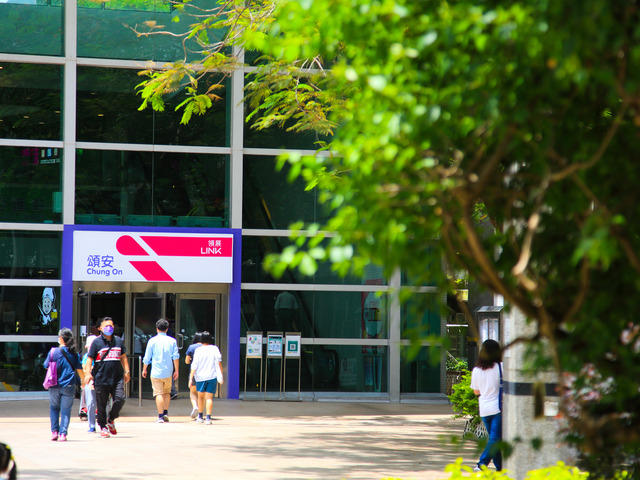Vision and Purpose
We aspire to be a world class real estate investor and manager, serving and improving the lives of those around us.
Learn more
Sustainability
Link’s sustainability governance builds on our strong corporate governance and robust business principles, all of which foster a culture of sustainability across the entire business.
Learn more
Community Engagement
Link Together Initiatives, our signature charity and community engagement programme, is governed by a set of plan rules.
Learn more


